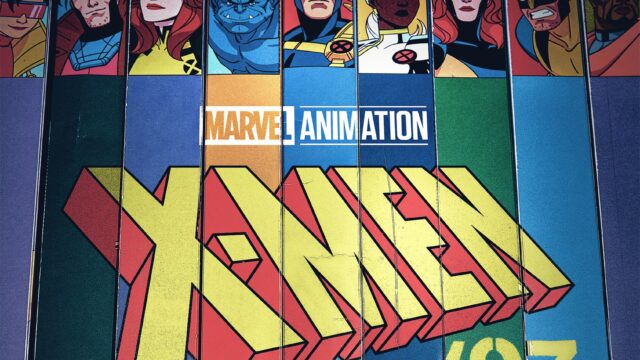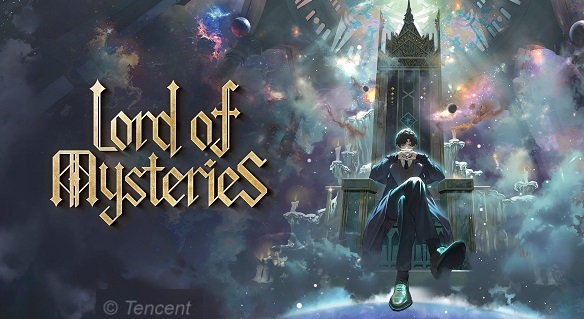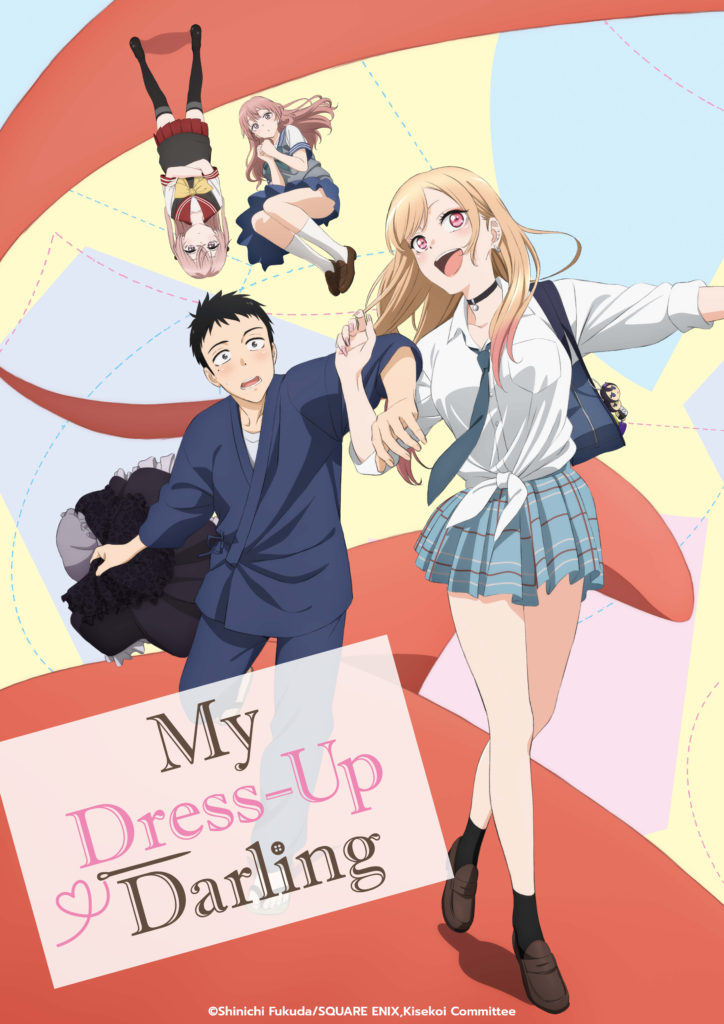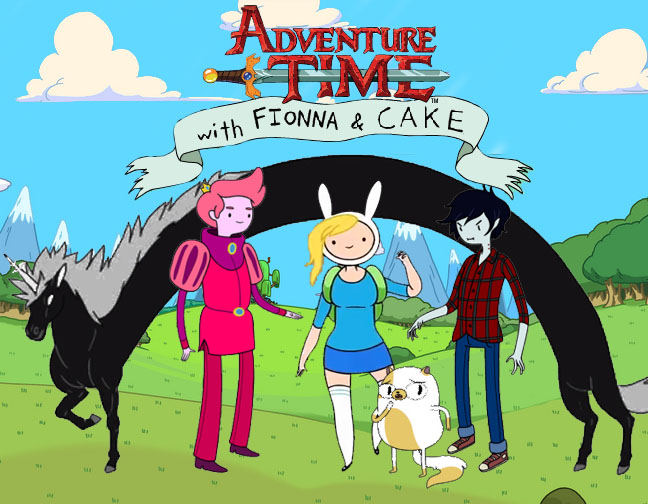SEASON REVIEW: Iwaju Season One
Overview:
Tired of the sheltered life, ten-year old Tola wants to visit the mainland to experience the real world for herself. She goes to visit with the help of her mainlander friend Kole. However, her father’s enemies are lurking within the shadows…
In 2021 Iwaju was announced as a part of Disney’s attempt to branch out and to collaborate with talent from all around the globe. It sounded very enticing to me at the time on paper, and I found the promotional art accompanying the show to be quite captivating. Afrofuturism isn’t a subject I’m not all that familiar with, and I’d imagine most others aren’t as well– So greenlighting a show like this and having it streaming on a platform as large as D+ excited me at the time.
It’s hard not to notice the massive change from the concept art to the final product. It’s normal for projects to constantly change their look since at that point nothing is truly final… But I can’t help miss that initial edge that concept art had, and how it was eroded in favor of the standard Disney CGI look. The show goes into some pretty heavy topics such as class divide and human trafficking. The subject matter and look of the show find themselves clashing, and not purposefully so either. A big part of the show is Tola understanding and embracing the harshness of the real world, but it’s hard to take that seriously at times when the overall look fails to properly sell the brutality.
The plot goes through the usual motions: A sheltered girl wants to go out and see the world for herself, her overworking yet well meaning father strictly forbids it, she sneaks out with a more experienced friend as her guide. Iwaju never breaks away from these cliches– there are brief glimmers of something more from time to time. It’s important to note that all the characters are still victims of the systems that force them into roles that they play now. Bode, our main villain, was a mainlander who scorned the islanders for living in luxury while ignoring the suffering of others around them. Now, Bode finds himself in that same position– if not worse. Doing anything he can to make sure he can gain more money and power, while manipulating as many people as he can in the process.
Which then brings me to Iwaju’s biggest flaw: Falling to address the systemic issues. Of course they manage to beat Bode and bring him to justice, but they fail to acknowledge the circumstances that drove him to make those choices in the first place. Same rings true for Cole’s sickly mom; in episode 2 we see that she’s dangerously sick due to her son trying to make the most of what little they have. Later in the show though, we see her immediately get better once she receives proper treatment thanks to the help of Tola’s uncle. Iwaju frequently points out the greater societal issues, but they never give them the full push they need so the show can break out of its cliches and become something much greater.
Iwaju is a harmless watch. Clocking in at about two hours or so, you can easily binge it all in one day as if it was a movie. I still feel like it could’ve been more than just a “harmless watch” though.

























"There are also other characters that come and go (also owned by the Warner Bros. Discovery conglomerate media company)."
Huh. Is that just referring to other characters from the show itself, or is this implying that the new season is going to have cameos from other WBD IPs